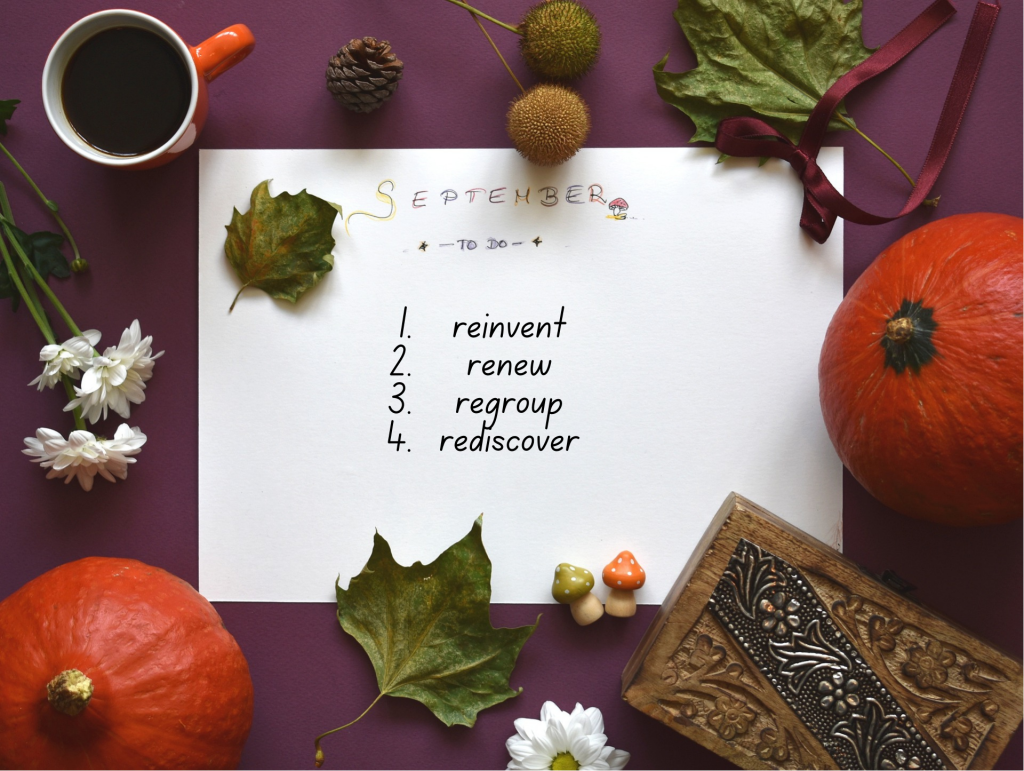5 steps to overcome a weakness
We all have a weakness of one sort or another. An area where we feel inadequate or limited. Nobody is good at everything and most of us suck at many things. So mostly it’s okay.
There are times, though, when not being good at something can be a problem for us. It may be a personal skill, such as being confident in social situations, or getting up on time. It may be a whole big area of ability, like doing maths, grammar, or being able to draw.
It may also be a key area, within a bigger area that is actually a strength.
Maybe you’re a tennis player, who’s great at most things, but weak at backhand. Maybe you’re a company director who can guide and lead your organisation through difficult times, but you’re not so great at managing your work-life balance and giving time to your family.
If you know you have a weakness in an area, that’s great, but the first step is to check in on yourself and ask how you know. Who says? What is the basis for your assumption that you are bad at something? If others perceive a weakness in you, they may be right, but they may be making assumptions based on their own map of the world.
When you are aware of a weakness, at any level, the awareness itself is a big step forward. If you are not good at something, and don’t know it, you’re going to make the same mistakes every time.
It could even be that the thing others see as a weakness, is actually a strength. Somebody tells you that you are rubbish at chitchat in the office – you’re a bit of a bore. In fact, although you feel conscious that you are not part of the crowd, you made your bonus 6 months in a row even though you took on other projects. Your weakness may actually be the strength of ‘focus’ or ‘single-mindedness’ or being able to compartmentalise.
Some ‘weaknesses’ can sometimes be fundamental to your identity. Being reserved and only talking about serious things, may limit your ability to fit in with the crowd, but does that mean you have to change?
Be clear about the things that you do need to change and let the rest go.
How to overcome a weakness
1. Decide what you want
Just because you are weaker at some aspect, doesn’t mean you have to become amazing at it. What you want will impact the difficulty of the challenge.
Is this something you need to develop as a strength? Or is it something you just need to be able to do to an average level?
It could even be that you just need to be a little better than you are right now.
Try to define the outcome in terms that you can measure, if possible. Set some criteria that will be evidence that you have made progress.
2. Check it is possible to improve
There may be physical or practical limitations that prevent you ever becoming good at something. You can’t run a traditional marathon if you only have one leg.
On the other hand, many of the limitations we see as preventing us from achieving, just require a slight adjustment of the outcome – run that marathon with a prosthetic.
Being clear about what is possible is one of the trickiest parts of self-improvement.
3. What is the limiting belief that makes it a weakness?
If you know or believe you have a weakness, it is easy to focus on that weakness and reinforce the belief that you can’t do it. It’s a vicious circle. ‘I’m rubbish at football, and so I won’t play it. I don’t play football, so I am rubbish it’.
Beliefs are the things we call ‘reasons’, and they are sometimes also called ‘excuses’. So if you ask yourself WHY you are bad at something, and come up with a lot of reasons, you will almost certainly discover that they are actually beliefs.
What is the impact of believing that about yourself? Even if it is true now, it doesn’t have to always be true.
4. Take it in small steps
When you are aware of a weakness that you want to change, it is fine to be aware of the ultimate outcome, but to get better you need to think about a more immediate goal. What is the one small thing, that if you were to achieve it, would take you closer to success?
Then break it down even further, into baby steps. ‘In order to achieve w, I need to do x, y and a.
5. Do it with others.
Try to find other people you trust, to support you. Close friends, family, an expert in your field or a coach or therapist. You need someone who is able to put aside assumptions about what you can do, even more than you do. So sometimes the people you would naturally approach may not be the best. A friend can be great, but sometimes their entire friendship is built on the assumption that you have this weakness and they may be reluctant to help you improve.
Choose someone whose judgement you respect, or someone who has not had the opportunity to judge at all!


